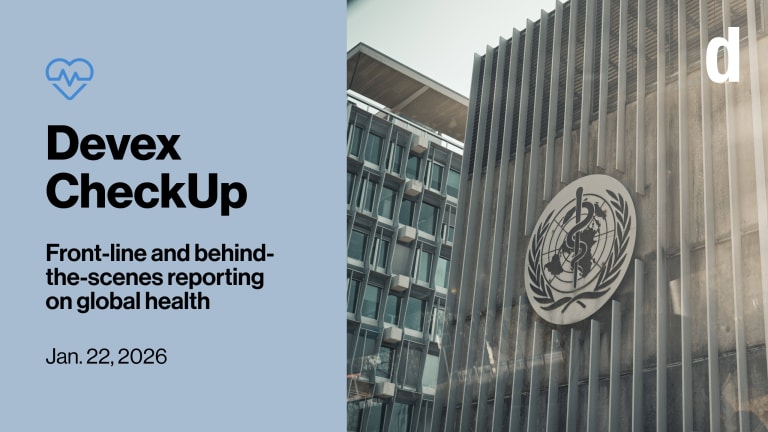The first reports started coming in by mobile phone. Concerned users in Syria opened up the website of HumanitarianTracker.org and filled out a basic web form. Someone was sick; it looked like polio. Taha Kass-Hout, a co-founder of the platform, recalls how the spotty initial data trickled in. Concerned, he reached out to the Syrian opposition’s aid body — the Assistance Coordination Unit. Soon, they were sending him nightly spreadsheets of reported cases. He and his team manually pulled the figures and updated Humanitarian Tracker’s open source database. Polio, a nearly eradicated disease, had returned to Syria.
Within months, it was clear that crowdsourced reports such as this had noticed something that traditional epidemic surveillance systems had missed — or at least vastly underestimated. The World Health Organization reported 36 cases of polio in 2013-14. Researchers writing in the Annals of Global Health found 46 more using nontraditional surveillance methods, including data collected by Humanitarian Tracker.
The key to spotting the outbreak was what Kass-Hout calls the data “mosaic effect.” WHO polio surveillance relies heavily on government data from confirmed cases of a disease. But those monitoring networks have blind spots: where health systems have collapsed, where states are weak, where medical testing centers are lacking or where politics gets in the way.
Search for articles
Most Read
- 1
- 2
- 3
- 4
- 5








